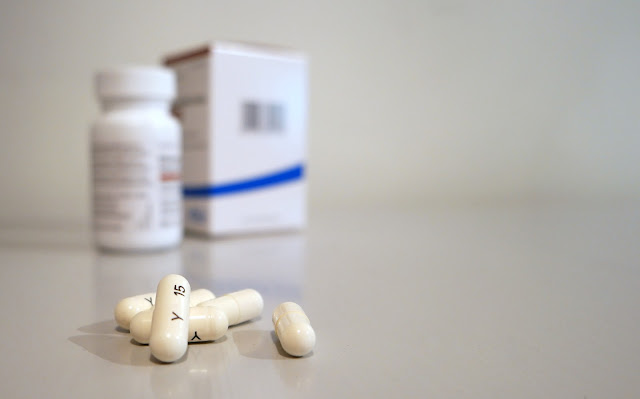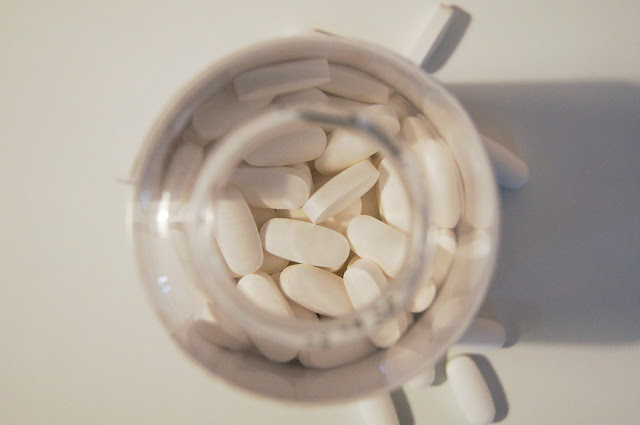Some Feel-Good News About Addiction Treatment Centers to Brighten Your Day
Absolutely! Here's some feel-good news about an addiction treatment center that may brighten your day:
The Turning Point Recovery Center in New Jersey recently celebrated its 10-year anniversary of providing Addiction treatment Centers to those in need. The center has helped countless individuals overcome addiction and lead fulfilling lives.
The Gateway Foundation, a nonprofit addiction treatment center in Illinois, recently received a grant from the state to expand its services. The grant will allow the center to offer medication-assisted treatment to more patients and provide additional support services.
The Center for Addiction Medicine in Las Vegas recently opened a new outpatient treatment facility. The center provides a variety of evidence-based treatments, including cognitive-behavioral therapy, group therapy, and family therapy.
The Hazelden Betty Ford Foundation, a national nonprofit addiction treatment organization, recently launched an online support program for families affected by addiction. The program provides education, resources, and support to help families cope with the challenges of addiction.
The Phoenix House, a nonprofit addiction treatment center with locations across the United States, recently celebrated the success of its alumni program. The program provides ongoing support and resources to individuals who have completed treatment, helping them maintain their recovery and build fulfilling lives.
These are just a few examples of the many addiction treatment centers and organizations that are making a positive impact on individuals and families affected by addiction. Despite the challenges of addiction, there is hope and help available for those who seek it.
The Most Popular Addiction Treatment Center Products Today
As an AI language model, I don't have access to real-time data on the most popular addiction treatment center products. However, here are some common types of addiction treatment products that are often used in addiction treatment centers:
Medications: Medications are often used to help manage withdrawal symptoms and cravings associated with addiction. Common medications used in addiction treatment include methadone, buprenorphine, naltrexone, and acamprosate.
Behavioral therapies: Behavioral therapies such as cognitive-behavioral therapy (CBT), dialectical behavior therapy (DBT), and motivational interviewing are commonly used in addiction treatment centers to help individuals identify and change negative patterns of behavior associated with addiction.
Group therapy: Group therapy provides a supportive environment where individuals can share their experiences with addiction and receive support from peers who are going through similar challenges.
Holistic therapies: Holistic therapies such as yoga, meditation, and mindfulness are often used in addiction treatment centers to help individuals manage stress and develop healthy coping mechanisms.
Family therapy: Family therapy is often used in addiction treatment to help individuals and their loved ones heal from the impact of addiction and build healthy communication and coping skills.
It's important to note that addiction treatment is highly individualized, and what works for one person may not work for another. Treatment centers may offer a variety of products and services tailored to meet the unique needs of each individual seeking help for addiction.
Looking Ahead: The Future of Addiction Treatment Center in 2024
As an AI language model, I don't have access to future events, but I can provide some insights on trends that could shape the future of addiction treatment centers in 2024 and beyond:
Increased use of telehealth: The COVID-19 pandemic has accelerated the adoption of telehealth services in healthcare, including addiction treatment. In the future, more addiction treatment centers may offer telehealth services to provide convenient and accessible care to individuals in remote or underserved areas.
Personalized treatment approaches: As our understanding of addiction continues to evolve, addiction treatment centers may move towards more personalized treatment approaches that address the unique needs and circumstances of each individual. This could involve the use of precision medicine techniques to tailor treatment plans based on an individual's genetics, lifestyle, and other factors.
Greater integration of mental health services: Addiction and mental health are often intertwined, and many individuals seeking addiction treatment also have co-occurring mental health conditions. In the future, addiction treatment centers may place a greater emphasis on providing integrated mental health services alongside addiction treatment.
Focus on harm reduction: Harm reduction approaches, which aim to reduce the negative consequences associated with drug use, may become more prominent in addiction treatment. This could involve the use of harm reduction strategies such as syringe exchange programs, naloxone distribution, and safe injection sites.
Continued emphasis on evidence-based treatments: Evidence-based treatments such as cognitive-behavioral therapy, motivational interviewing, and medication-assisted treatment have been shown to be effective in treating addiction. In the future, addiction treatment centers may continue to prioritize the use of evidence-based treatments to ensure the best possible outcomes for individuals seeking help for addiction.
6 Things Only Die-Hard Fans Get About Addiction Treatment Center
As an AI language model, I cannot make assumptions or stereotypes about individuals who may be considered "die-hard fans" of addiction treatment centers. However, I can provide some general insights on addiction treatment centers that individuals who are deeply invested in addiction treatment may appreciate:
The importance of evidence-based treatment: Individuals who are passionate about addiction treatment may understand the importance of evidence-based treatments that have been shown to be effective in treating addiction. They may advocate for the use of evidence-based treatments in addiction treatment centers and support research efforts to develop new and improved treatments.
The power of peer support: Many addiction treatment centers emphasize the importance of peer support in recovery. Die-hard fans of addiction treatment may appreciate the transformative power of connecting with others who have gone through similar experiences and may encourage others to seek out peer support in their own recovery journeys.











0 Comments